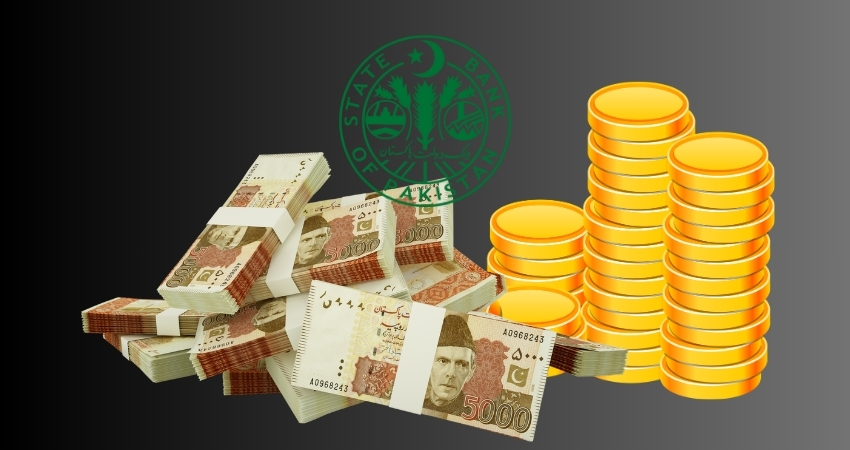Rs616 Billion Fuels Struggling State Enterprises

Financial Strain on Pakistan's State-Owned Enterprises
The financial situation of state-owned enterprises (SOEs) in Pakistan has become a growing concern, with the government providing substantial financial support to these entities during the first half of the 2024-25 fiscal year. According to official data, the government allocated Rs616 billion in various forms of financial assistance to struggling SOEs. This included Rs113 billion in grants, Rs333 billion in subsidies—primarily for the power sector—Rs92 billion in loans, and Rs77.5 billion in equity injections.
Despite this significant financial backing, major SOEs experienced a combined net loss of Rs343 billion during the six-month period ending December 2024. The losses highlight the deep-rooted challenges these enterprises face, with several key players recording staggering deficits that continue to accumulate over time.
Key Players in Financial Crisis
The National Highway Authority (NHA) emerged as the most significant contributor to the losses, reporting a deficit of Rs153.3 billion during the period. This brings its total accumulated losses to an alarming Rs1,953.4 billion. The Finance Ministry cited an unsustainable toll-revenue model and rapid expansion of road infrastructure as primary reasons for the losses. These factors have created a situation where the NHA is unable to generate sufficient revenue to cover its operational costs.
Quetta Electric Supply Company (QESCO) followed closely behind with a loss of Rs58.1 billion, increasing its total losses to Rs770.6 billion. Similarly, Sukkur Electric Power Company (SEPCO) reported a loss of Rs29.6 billion, pushing its accumulated losses to Rs473 billion. Both companies are grappling with inefficiencies and poor recovery rates, which place additional pressure on public resources.
Broader Impact Across Sectors
The financial struggles of SOEs are not limited to the energy and transportation sectors. Pakistan Railways faced a loss of Rs26.5 billion, with its total deficit reaching Rs6.7 billion. Peshawar Electric Supply Company (PESCO) lost Rs19.7 billion, bringing its overall losses to Rs684.9 billion. Meanwhile, Pakistan Steel Mills recorded losses worth Rs15.6 billion, adding to its accumulated deficit of Rs255.8 billion.
Other state entities also contributed to the fiscal strain. Pakistan Telecommunication Company Limited (PTCL) reported losses of Rs7.2 billion, raising its total deficit to Rs43.6 billion. Pakistan Post lost Rs6.3 billion, now carrying a total loss of Rs93.1 billion. Utility Stores Corporation added Rs4.1 billion in losses, increasing its overall deficit to Rs15.5 billion.
Calls for Structural Reforms
These ongoing losses underscore the increasing burden these enterprises place on public funds. While the government continues to provide financial support, there is a growing demand for structural reforms. Analysts argue that repeated bailouts are not a sustainable solution and that long-term changes are necessary to address the systemic issues within these organizations.
The situation highlights the urgent need for comprehensive reforms across multiple sectors. Without meaningful changes, the financial health of Pakistan's SOEs will remain precarious, posing risks to the country’s economic stability. As the pressure mounts, the call for action becomes louder, emphasizing the importance of addressing the root causes of these financial challenges.
Post a Comment